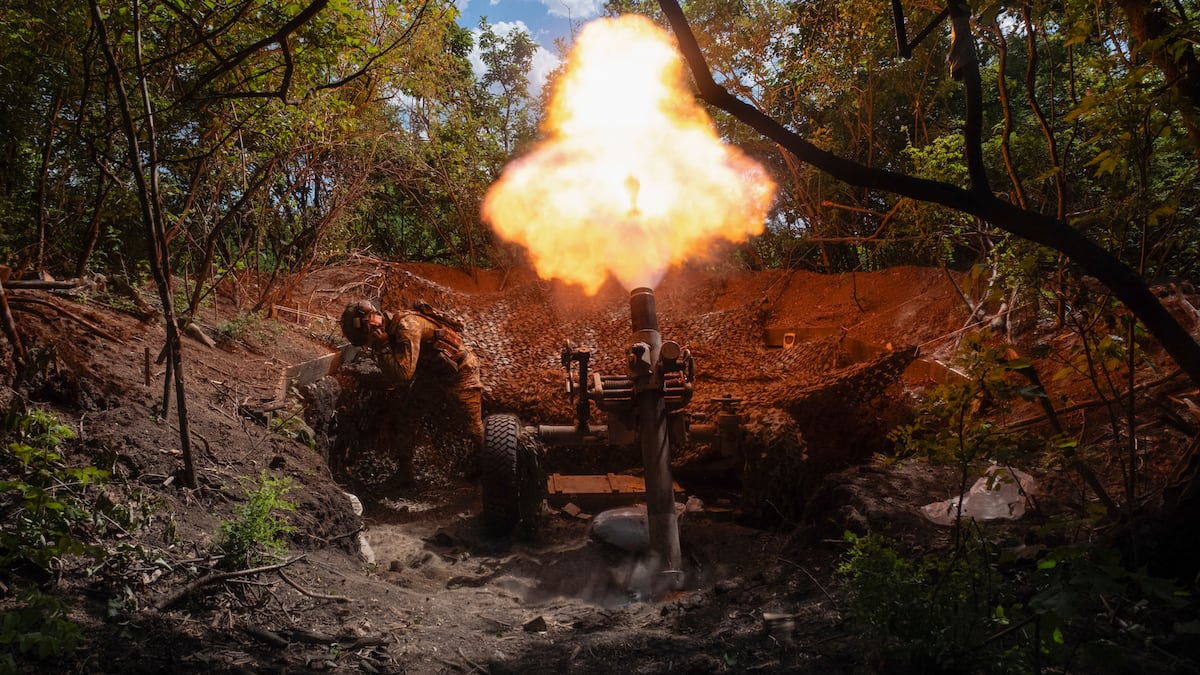G7 Ministers Discuss Using Frozen Russian Assets to Aid Ukraine
The G7 group of economic ministers recently convened in Stresa, northern Italy, where significant progress was made towards leveraging the benefits of frozen Russian assets to support Ukraine. In the final document released post-summit, the ministers outlined four possible pathways to redirect windfall profits from these assets to aid Ukraine, in compliance with international laws and respective legal systems.
The ministers from France, the United Kingdom, Germany, Canada, Italy, the United States, and Japan further emphasized that Russia's sovereign assets will remain frozen until it accounts for the damages caused in Ukraine. However, specific legal frameworks and the exact amount to allocate are yet to be finalized, with decisions deferred to the upcoming G7 summit of heads of state and government in June. The G7 has already frozen approximately $300 billion in Russian assets chiefly within Europe since the invasion of Ukraine in February 2022.
US Treasury Secretary Janet Yellen and other G7 ministers expressed optimism about the ongoing discussions. Despite the progress made, the United States' proposal to channel the interest from these frozen assets into loans for Ukraine is still facing 'technical and legal' hurdles, as noted by Italian Economy Minister Giancarlo Giorgetti during the press conference.
Legal and Diplomatic Challenges
The initiative to use these frozen assets comes with myriad legal and diplomatic challenges. Experts like Dr. Moaz Al-Amoudi argue that appropriating another nation's assets to aid a different country could be perceived as transgressing international norms, potentially inviting further geopolitical conflicts. Equally, nations like China and India have expressed reservations, emphasizing the importance of adhering to a strong legal framework.
Russia has already responded to these proposed measures, with President Vladimir Putin signing a decree that allows the confiscation of assets owned by US entities within Russia. Experts, including Jean-Paul Castagno, warn that such reciprocal measures could escalate tensions and adversely impact not only governmental relations but also private enterprises operating in Russia.
Concurrently, the G7's statement also highlighted financial and economic sanctions already in place, which have severely restricted Russia's capabilities to finance its military operations in Ukraine. Ministers reiterated their commitment to imposing further sanctions, targeting Russia’s energy revenues and hindering its military-industrial operations.
Simultaneously, the G7 finance ministers expressed their unanimous stance against North Korea and Iran's military cooperation with Russia. They voiced concerns about entities, including those in China, supplying Russia with dual-use materials that potentially bolster its military production.
Discussion on a Global Tax on Multinationals Stalls
Aside from the primary focus on Ukraine, the G7 ministers were unable to reach a consensus on the implementation of the global tax on multinationals. Despite the initiative led by the OECD to impose a 15% tax on the gross income of international corporations, diverging viewpoints among member nations, coupled with opposition from China and India, have stalled progress.
- Ukrainian President Volodymyr Zelensky visited Kharkiv, Ukraine’s second-largest city, which has been under Russian assault for the past two weeks. During his visit, President Zelensky chaired meetings focused on the defense of the region and the restoration of energy infrastructure damaged by Russian strikes.
- Colonel Igor Prokhorenko of the Ukrainian General Staff announced that Ukrainian forces have 'stopped the Russian troops' and have commenced counter-offensive actions. The fight for control over Vovchansk has intensified, with both Kyiv and Moscow suffering significant casualties and damages.
- In the broader context, fighting continues to rage on multiple fronts, including Chassiv Iar, Pokrovsk, and Kurakhové. The most intense battles are currently reported in the Pokrovsk and Kurakhové sectors, where Russian advances are slowly progressing but have yet to achieve a decisive breakthrough.






